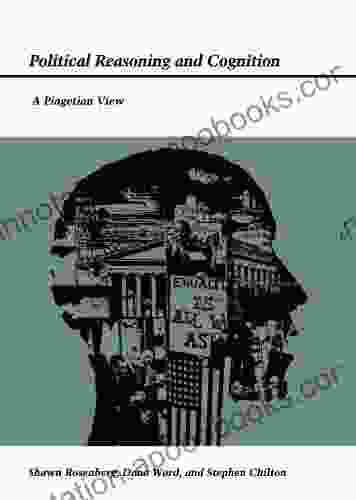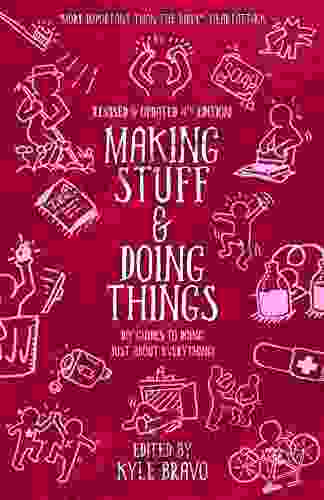Unveiling the Piagetian Perspective: Political Reasoning and Cognition

The intricate interplay between politics and cognition has captivated scholars for decades, with Jean Piaget's groundbreaking work standing as a cornerstone in this field. In his seminal book, "Political Reasoning and Cognition: A Piagetian View," Piaget delves into the cognitive development of children, exploring how their understanding of political concepts evolves through distinct stages. This article aims to elucidate Piaget's profound insights into political reasoning and cognition, shedding light on the enduring relevance of his Piagetian perspective.
Piaget's Cognitive Development Theory
Jean Piaget, a renowned Swiss psychologist, proposed a comprehensive theory of cognitive development that has significantly influenced our understanding of how children's minds develop. According to Piaget, children progress through four distinct stages of cognitive development, each characterized by specific cognitive abilities and understanding of the world. These stages are:
4.7 out of 5
| Language | : | English |
| File size | : | 506 KB |
| Text-to-Speech | : | Enabled |
| Screen Reader | : | Supported |
| Enhanced typesetting | : | Enabled |
| Word Wise | : | Enabled |
| Print length | : | 192 pages |
- Sensorimotor stage (0-2 years): Infancy, characterized by exploration of the world through senses and motor skills.
- Preoperational stage (2-7 years): Early childhood, marked by egocentrism and difficulty understanding other perspectives.
- Concrete operational stage (7-11 years): Middle childhood, characterized by logical thinking about concrete objects and events.
- Formal operational stage (11 years and beyond): Adolescence and adulthood, involving abstract reasoning and hypothetical thinking.
Political Reasoning and Cognitive Development
Piaget's theory of cognitive development has profound implications for understanding how children develop politically. Piaget believed that political reasoning is a complex cognitive skill that emerges gradually and undergoes significant transformations as children progress through the stages of cognitive development.
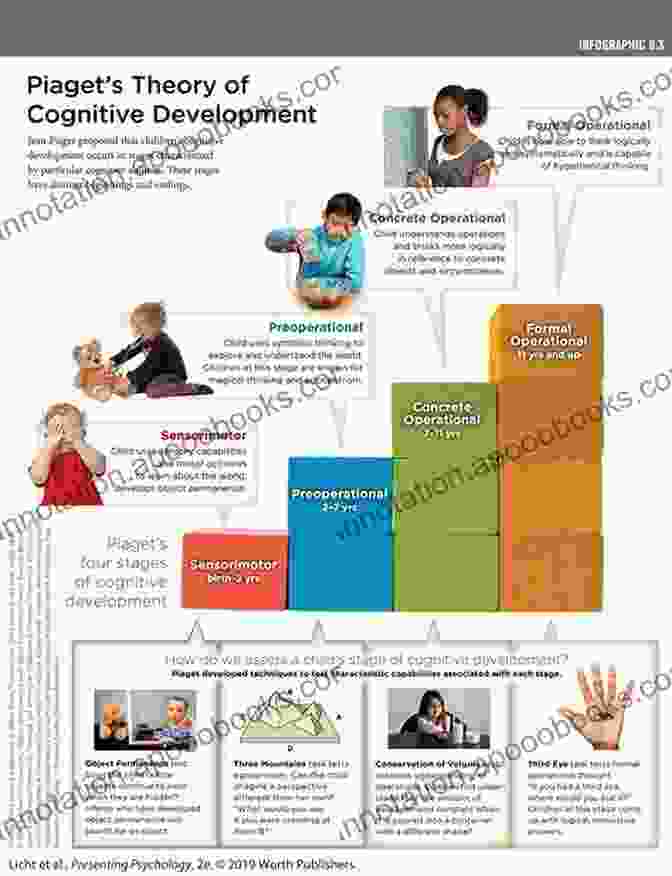
In the preoperational stage, children's political understanding is limited by their egocentric perspective. They view rules and authority as arbitrary and absolute, lacking an understanding of the social contract. As they transition to the concrete operational stage, children develop a more nuanced understanding of politics. They recognize the importance of rules for maintaining social Free Download and begin to grasp the concept of fairness.
In the formal operational stage, children's political reasoning becomes increasingly sophisticated. They develop abstract thinking abilities and can comprehend complex political concepts, such as democracy, justice, and international relations. They are able to reason about hypothetical scenarios and consider multiple perspectives, facilitating a more mature understanding of the political world.
Criticisms and Extensions
While Piaget's Piagetian perspective has been widely influential, it has not been without its criticisms. Some researchers argue that Piaget underestimated the political competence of young children and that children's understanding of politics is more nuanced and complex than his theory suggests. Others have questioned the universality of Piaget's stages, suggesting that cultural and contextual factors can influence the development of political reasoning.
Despite these critiques, Piaget's Piagetian perspective remains a valuable framework for understanding the cognitive development of political understanding. Researchers have extended Piaget's work by investigating the role of social interaction, language, and emotions in shaping political reasoning.
Educational Implications
Piaget's insights into political reasoning and cognition have significant implications for political education. By understanding the cognitive capacities of children at different stages of development, educators can tailor their teaching strategies to facilitate more effective learning.
For example, in the preoperational stage, children may benefit from concrete and interactive activities that help them understand basic political concepts. In the concrete operational stage, they can engage in discussions that focus on fairness and social justice. And in the formal operational stage, they can be encouraged to critically analyze political issues and develop their own perspectives.
Jean Piaget's "Political Reasoning and Cognition: A Piagetian View" is a seminal work that has profoundly shaped our understanding of how children develop politically. Piaget's theory of cognitive development provides a framework for understanding the gradual emergence and transformation of political reasoning as children progress through distinct stages. By considering the Piagetian perspective, researchers, educators, and policymakers can gain valuable insights into the cognitive processes underlying political learning and engagement.
In today's rapidly changing political landscape, fostering a deeper understanding of political reasoning and cognition is essential for equipping future citizens with the critical thinking skills and political literacy they need to navigate a complex and demanding world.
4.7 out of 5
| Language | : | English |
| File size | : | 506 KB |
| Text-to-Speech | : | Enabled |
| Screen Reader | : | Supported |
| Enhanced typesetting | : | Enabled |
| Word Wise | : | Enabled |
| Print length | : | 192 pages |
Do you want to contribute by writing guest posts on this blog?
Please contact us and send us a resume of previous articles that you have written.
 Book
Book Novel
Novel Page
Page Chapter
Chapter Text
Text Story
Story Genre
Genre Reader
Reader Library
Library Paperback
Paperback E-book
E-book Magazine
Magazine Newspaper
Newspaper Paragraph
Paragraph Sentence
Sentence Bookmark
Bookmark Shelf
Shelf Glossary
Glossary Bibliography
Bibliography Foreword
Foreword Preface
Preface Synopsis
Synopsis Annotation
Annotation Footnote
Footnote Manuscript
Manuscript Scroll
Scroll Codex
Codex Tome
Tome Bestseller
Bestseller Classics
Classics Library card
Library card Narrative
Narrative Biography
Biography Autobiography
Autobiography Memoir
Memoir Reference
Reference Encyclopedia
Encyclopedia W J Herbert
W J Herbert Vivechkanand S Chunoo
Vivechkanand S Chunoo Christopher Spinney
Christopher Spinney Claire Mcgettrick
Claire Mcgettrick Demelza Carlton
Demelza Carlton Claire Amarti
Claire Amarti Farhad Manjoo
Farhad Manjoo Cheryl Redhorse Bennett
Cheryl Redhorse Bennett S L Scott
S L Scott Christopher Ward
Christopher Ward Christopher R Hill
Christopher R Hill Tina K Ramnarine
Tina K Ramnarine Laure Eve
Laure Eve Juliette Fay
Juliette Fay Chris Christman
Chris Christman Chuck D
Chuck D Lise Olsen
Lise Olsen Michael Penny
Michael Penny Susan Gabriel
Susan Gabriel Chris Black
Chris Black
Light bulbAdvertise smarter! Our strategic ad space ensures maximum exposure. Reserve your spot today!
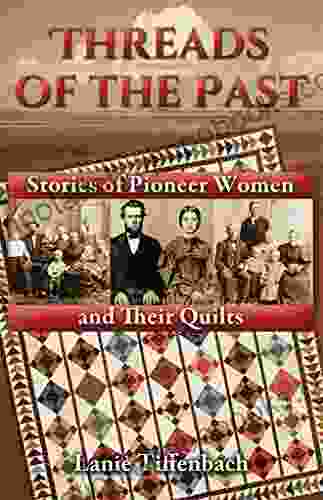
 Camden Mitchell"Threads of the Past": Unraveling the Intricate Web of History and Identity
Camden Mitchell"Threads of the Past": Unraveling the Intricate Web of History and Identity
 William ShakespeareKnow Your Classic Tractors 2nd Edition: A Journey Through the Golden Age of...
William ShakespeareKnow Your Classic Tractors 2nd Edition: A Journey Through the Golden Age of...
 Kazuo IshiguroUnwrap the Sweetest Royal Christmas Romance: Escape into a Yuletide Fairy...
Kazuo IshiguroUnwrap the Sweetest Royal Christmas Romance: Escape into a Yuletide Fairy... Miguel de CervantesFollow ·3.6k
Miguel de CervantesFollow ·3.6k Colin FosterFollow ·3.4k
Colin FosterFollow ·3.4k Maurice ParkerFollow ·4.1k
Maurice ParkerFollow ·4.1k Clark BellFollow ·8.4k
Clark BellFollow ·8.4k Jesus MitchellFollow ·6.4k
Jesus MitchellFollow ·6.4k James HayesFollow ·12.7k
James HayesFollow ·12.7k Eddie BellFollow ·11.8k
Eddie BellFollow ·11.8k Eddie PowellFollow ·17.7k
Eddie PowellFollow ·17.7k

 Kevin Turner
Kevin TurnerDive into the Enchanting World of "Crazy Like Fox": A...
Prepare yourself for a literary adventure...
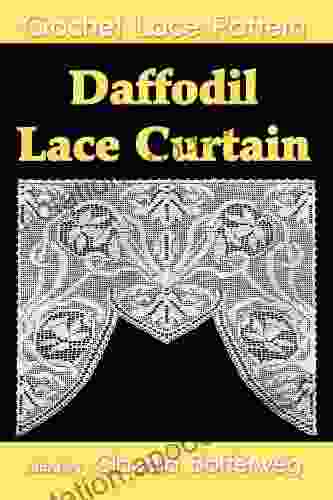
 Ralph Waldo Emerson
Ralph Waldo EmersonUnlock the Elegance of Daffodil Lace: An Immersive Guide...
: A Tapestry of Delicate...

 Gerald Parker
Gerald ParkerNever Lose An Argument Again: 20 Powerful Techniques From...
Are you tired of losing...

 Xavier Bell
Xavier BellSeven Animal Insertions Filet Crochet Pattern: Embark on...
Welcome to the captivating...

 Eugene Powell
Eugene PowellMagomago in TDS Magomago 12: An Unforgettable Adventure...
Step into the Enchanting World of...

 Marvin Hayes
Marvin HayesSoft Felting Needle Holder Excellence In Reborn Artistry
Unveiling the Secrets of the...
4.7 out of 5
| Language | : | English |
| File size | : | 506 KB |
| Text-to-Speech | : | Enabled |
| Screen Reader | : | Supported |
| Enhanced typesetting | : | Enabled |
| Word Wise | : | Enabled |
| Print length | : | 192 pages |


